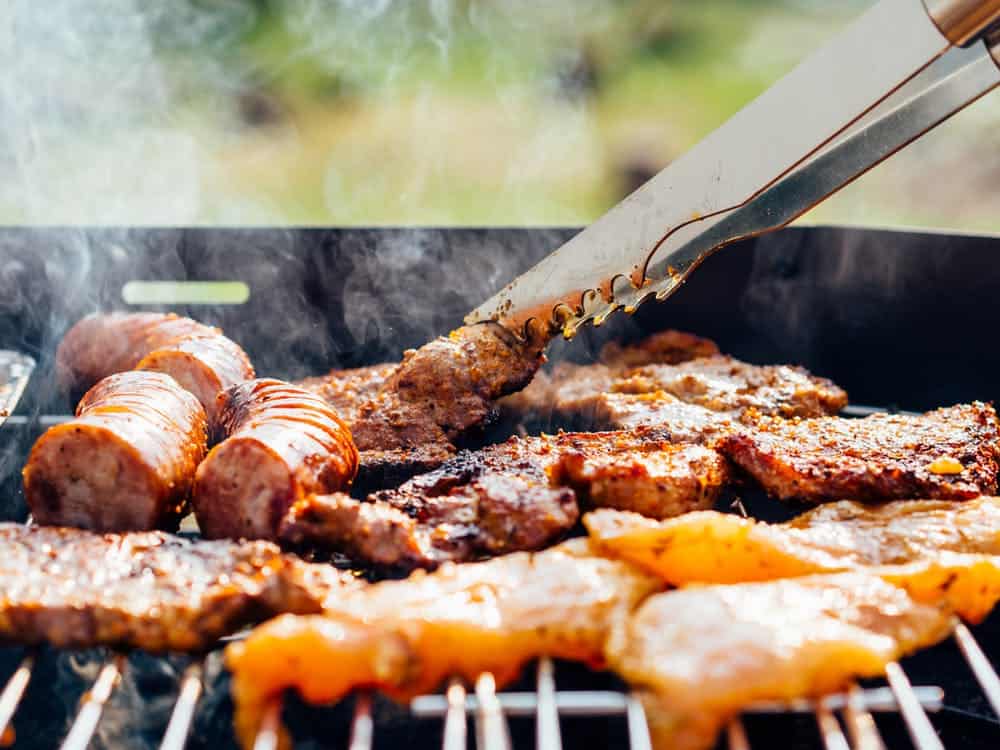
Food is central to our day-to-day experiences of physical survival, pleasure and work
Apart from undertaking research to help address the challenge of food insecurity, research projects located in the DST-NRF Centre of Excellence in Food Security (CoE) seek to deepen our understanding of areas such as popular culture, social identities and dominant and oppositional representations in the food system.
Buoyed by this humanities approach to understanding the food system, on 10 – 12 November 2017, intellectual activists, scholars, students and artists will converge on the Homecoming Centre, District Six Museum in Cape Town for the Food Politics and Cultures Festival: A festival of the Arts, Humanities and Social Science. The festival is an initiative of the Food Politics and Cultures Project at the CoE, based at the University of the Western Cape (UWC).
The goal of the festival is to generate interdisciplinary conversations and responses to the socio-political implications of food items, foodwork and food consumption.
The festival aims to challenge the rigid and technical models that usually frame activism and scholarship about food, land and agrarian studies, and will focus on multidimensional, interdisciplinary and creative responses to and dynamic conversations about the myriad facets of food in our lives.
“Food is central to our day-to-day experiences of physical survival, pleasure and work,” explains Professor Desiree Lewis, the project Principal Investigator based at UWC’s Department of Women and Gender Studies.
“Yet scholarship rarely confronts this adequately, even though we live at a time when corporate capitalism controls the choices we make about food and how to grow and eat it. When the impact of harmful genetic engineering constantly threatens, what is on our plates; and when groups such as small-scale farmers, domestic cooks and artists are resiliently searching for liberating ways to grow, eat and think about food,” she adds.
During the three-day event, academics and activists including will deliver open lectures and panel discussions, while a visual art exhibition, themed: “Yearning for Taste”, will explore individual and collective engagements and representations of food. On the evening of the first day of the Festival, the launch of the collection Eating Carrots the Wrong Way will showcase readings of new fiction dealing with food by UWC creative writing students as well as the well-known writer, Sindiwe Magona.
The final day of the festival will feature a performance of a new play by South African playwright, Mike van Graan titled Another One’s Bread, a dark comedy about funerals, feeding and faking. Commissioned by the CoE, the play explores various themes related to hunger in the context of the relationships between four women.
“Like every other theme in South Africa, hunger intersects with a range of other issues – gender, class, apartheid’s spatial geographies, education and corporatisation of services to name but a few,” explains van Graan. What keeps these disparate women together is their membership of ‘The Substitutes’, a group of professional mourners, hired to provide mourning or mourning-related services at funerals. Directed by Pamela Nomvete and featuring Faniswa Yisa, Chuma Sopotela, Motlatji Ditodi and Awethu Hleli, the play that takes its title from the Afrikaans expression “een man se dood is ‘n ander man se brood” (One person’s death is another person’s bread).
Access draft programme here. Please note: the programme is subject to change
Contact: Lynn Mafofo, Thembelihle Bongwana or Rudo Chikara at:foodpoliticsandcultures17@gmail.com
RSVP by: 8 November 2017
related Articles
Call for abstracts: Re-reading ‘Africa’ through food
Photo: Noahalorwu / Wikimedia Commons. Professor Desiree Lewis and the intra-institutional programme “Critical Food Studies: Transdisciplinary Humanities Approaches” invites interested…
Women at the centre of the food cycle – webinar on food...
A virtual dialogue looking at the important issues surrounding food security pre- and post-Covid-19, has revealed that women are at…
OPPORTUNITY: Postdoctoral Researcher – Critical Food Studies Programme, UWC
Applications are invited from South African PhD humanities graduates for the position of postdoctoral researcher in a Trans-Institutional Critical Food…



